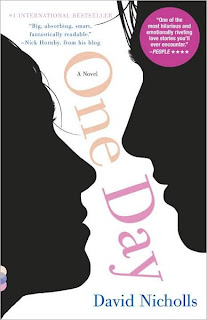It makes me feel good when I can apply what I learned in library school directly to my work. This doesn't happen too often (I haven't had to reference Robert S. Taylor - yet!) but when it does I AM PUMPED. I am heading up the Marketing and Outreach team at my library. The committee/team charge or plan hasn't been updated since 2005. Now, with a new team and dedicated communications librarian (me!) we're on our way to be the coolest library committee ever.
Our first awesome, exciting challenge... and by that I mean time-consuming, annoying obstacle, is revising the GIANT 17-page long Marketing Plan that describes goals, "objectives/outcomes", and tactics. I put objectives/outcomes in quotes because in their current form they are not measureable! And what's an outcome if you can't measure it - amiright? So, each meeting we've tackled about 1 to 2 pages of content. It is painful. The document is 5 years old, so a lot has changed. Even the charge of the marketing team has been revised so some goals aren't applicable anymore.
I am using a textbook, Demonstrating Results, from our Planning, Marketing, and Assessment class. The worksheets in the back should help us make the plan clearer, with more concise and focused goals and outcomes. I plan on having teams of two revise an outcome and the indicators that go along with it. I think I'll also take a page from me and Yogurt Moon's PMA to use as an example. I think it will be less frustrating for my team to write new outcomes using a standard guide and not just trying to fix what's already in the plan.



